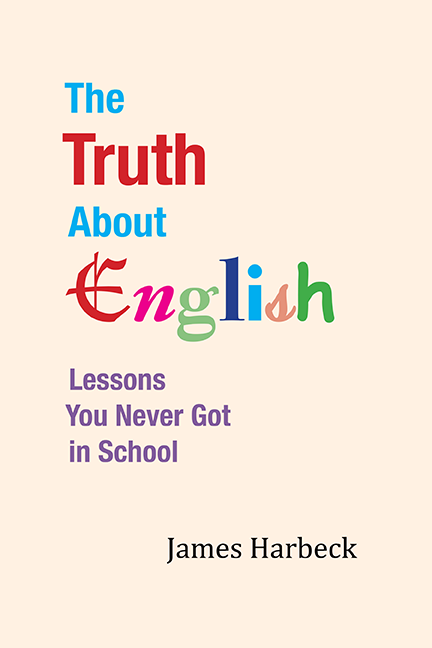In the world of etymology there is also some entomology. And while many of us hesitate to incorporate insects in our cuisine, when we prepare dishes of words, we manage our little share of entomophagy. Nor is it one hundred percent unpleasant, though it can lend a peasant air to the discourse. But a little bit of that forest flavour (a mite of must, perhaps some rancio) can be used to various effect in the subtle hands of a master word chef.
Let us look to this hill here and to the micro-myrmidons that crawl to and from and about it. What do you smell? If you are reminded of certain sketchy doorways and various unflushed porcelain, urine good company – or bad. This anthill, thanks to its rotting vegetal composition and the formic acid that its myriad denizens the wood ants produce, gives off that smell. Small wonder that these largeish ants came to be called pismires, from piss plus mire, the latter being a now-disused word for “ant”. So in more modern times (since the 1600s) pismire has come to be supplanted by pissant. And other ants came to get the monicker more generally too, since ants are not well liked and are not all that carefully differentiated by most people.
It is not uncommon to use names of insects to insult people. It is also not uncommon to use words referring to excrement to insult people. Any word that combines the two is a natural for a put-down. A contemptible, irritating person whose utter insignificance you wish to emphasize is readily called a pissant. Pop that hard /p/ off the top, then hiss in the middle like the stream you might imagine dousing the person (and perhaps curl your upper lip as you do so), and end with an antagonistic /æ/ plus nasal plus stop. So close to pleasant but so far; so close to peasant and why not; so close to percent but so what. And never mind that pissants (wood ants) are big as ants go; ants are small, and that is all.
But that rustic flavour, that must, that wood, must or at least would come to be used in other contexts too. If one may be pissed as a newt, may one be drunk as a pissant? In Australia, one may, or game as a pissant, for that matter (meaning “very brave” – with or without liquid courage). Monty Python’s song about bibulous philosophers, supposedly sung by Aussies, starts with “Emmanuel Kant was a real pissant.”
Or split the word into two and it can be used in a positive sense in self-description – as in what Ron Ault of the AFL-CIO once said of their relation to the Pentagon, “Our job is to be the irritant, piss ant stinging them on their ankles at every opportunity.” Biting like those nasty little things with their formic acid venom.
My first enounter with the word pissant was yet another serving in a different dish. In Kurt Vonnegut’s Cat’s Cradle, one character has his own definition of pissant, and it stuck with me for a long time – indeed, I still think of it first:
A pissant is somebody who thinks he’s so damn smart, he can never keep his mouth shut. No matter what anybody says, he’s got to argue with it. You say why you like something, and, by God, he’ll tell you why you’re wrong to like it. A pissant does his best to make you feel like a boob all the time. No matter what you say, he knows better.
Not just any irritating person, then. An extended meaning. No doubt influenced somewhat by pedant. And likely by the person’s capacity to piss you off.
All these flavours from this dysfragrant sylvan antheap, crawling with its seven-letter vermin, erstwhile pismire, now pissant, popping up even in popular songs (such as one in The Best Little Whorehouse in Texas), and in diverse recipes – like musk in perfume, like salt in candies. Sometimes your language needs just that little saltiness – two syllables of it, please.
Thanks to Kristen Dolenko for suggesting pissant.






